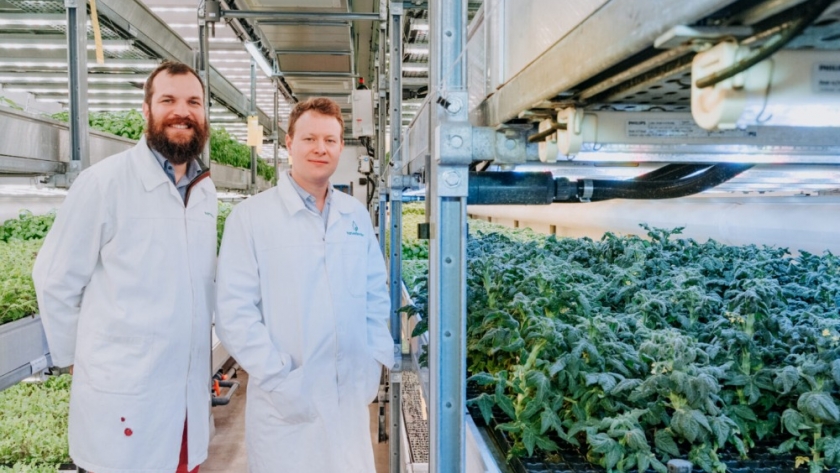
By Agroempresario.com
In a groundbreaking collaboration for agricultural biotechnology, UK-based gene editing startup Phytoform has partnered with global agriscience company Corteva Agriscience to develop disease-resistant corn using artificial intelligence. The partnership will deploy Phytoform’s proprietary CRE.AI.TIVE platform, which leverages machine learning to identify precise, beneficial DNA changes in plants—without introducing foreign genes.
The initiative focuses on two of the most impactful corn diseases, though the specific threats remain confidential. “These are two of the biggest diseases affecting corn worldwide,” says William Pelton, co-founder of Phytoform. The goal is to optimize the expression of two native genes already present in Corteva’s germplasm, enhancing the plant’s own resistance mechanisms naturally.
Unlike traditional GMO technologies, CRE.AI.TIVE introduces “minimal and accurate” edits in control regions of the plant genome, sidestepping regulatory GMO classification. “We help fine-tune the existing genome,” Pelton explains, “activating the traits already embedded in the corn DNA.”
This marks Phytoform’s first major corporate alliance, signaling a move beyond lab research into scalable agricultural application. The startup, founded in 2017, previously worked on disease-resistance solutions for potatoes and tomatoes. Now, with corn—one of the world’s most widely grown crops—it aims to make a broader global impact.
Corn is vulnerable to several fungal and bacterial diseases, including Gray Leaf Spot, Common Rust, and Northern Corn Leaf Blight, which reduce yields significantly each year. With Corteva’s large-scale breeding infrastructure and Phytoform’s predictive genomic tools, the collaboration is positioned to fast-track practical field solutions.
Pelton also hinted at commercial potential. “It’s a step beyond R&D. We’re confident that activating these genes can lead to something viable in the field,” he says. “The risk is always present, but the platform is designed to bridge the gap between discovery and real-world application.”
As both companies continue joint development, the partnership stands as a case study in how AI, genetics, and precision editing can converge to build a more resilient and sustainable agricultural future.
